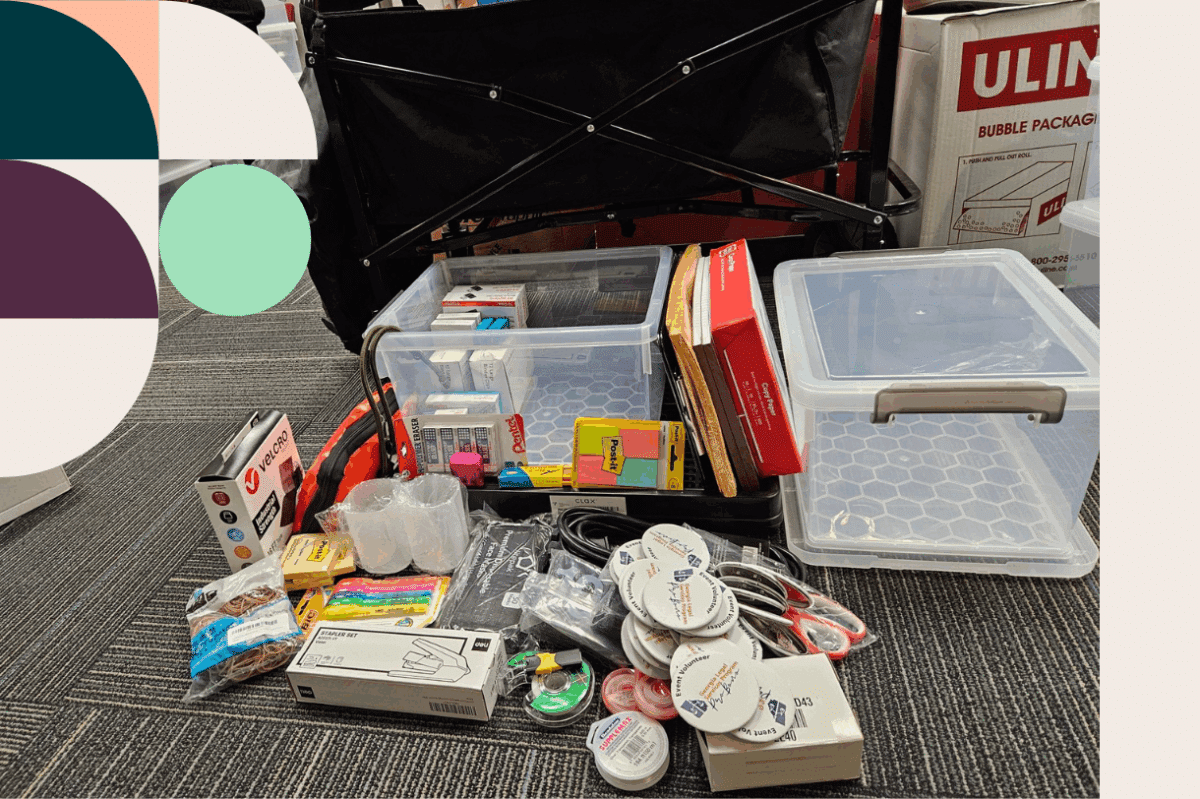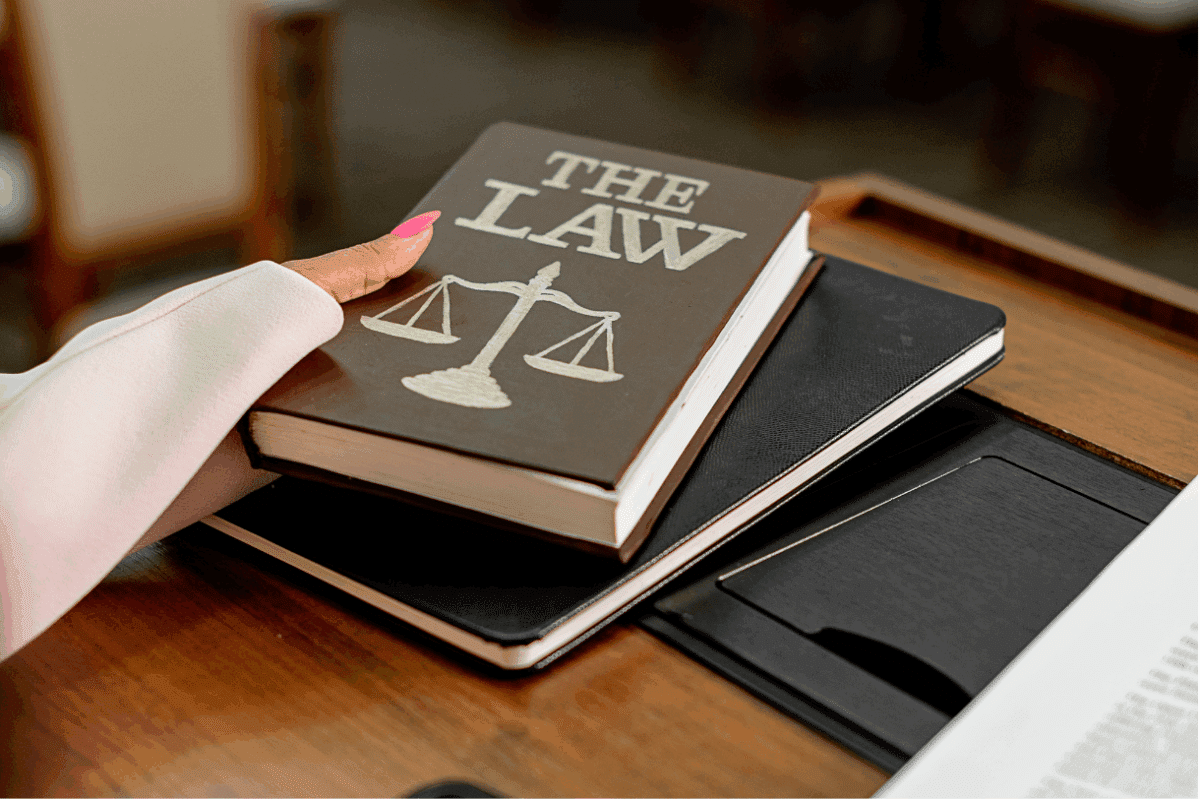If you’ve been following pro bono news and the 2022 law.com Pro Bono Scorecard, you know that pro bono was significantly down in 2021 compared to 2020 (and down versus 2019) across both law firms and corporate teams. After such a banner year, the downturn feels a bit jarring, so we wanted to deep dive into why participation has decreased, and what we can do about it.
Ok, so what are the stats?
According to the reports, total pro bono hours across the 126 Pro Bono Institute (PBI) firms surveyed fell from 5.45 million to 4.59 million from 2020 to 2021 (a loss of about 15.8%); pro bono as a percentage of all billable hours decreased from about 4.2% to about 3.32% during the same time frame; and about 58% of firms with PBI’s 3% pro bono to billable ratio goal did not reach it.
Across corporate teams, lawyer and legal professional participation dropped 5% each between 2020 and 2021, but the number of legal departments that met their 50% engagement pledge actually increased from 32% to 43% of departments (meaning that either previously less active departments actually increased participation, but the more active ones decreased, or the size of active versus inactive organizations has shifted).
What’s going on?
Eve Runyon, President and CEO of the Pro Bono Institute, cites two reasons for the 2021 drop-off that are consistent with Paladin’s data. First, 2020 saw an unprecedented boom in pro bono unlike anything in recent years — what Runyon calls a “high water mark.” Suzanne Turner, Chair of the Pro Bono Practice at Dechert, called 2020 “kind of a perfect storm” for pro bono work as a result of more attorney downtime, slower billables, and the demand for and interest in COVID-related work. Interest in racial justice-related work also surged after the death of George Floyd, and firms were quick to spin up entirely new programs and units to create local initiatives to help diverse communities. Other creative partnerships, like the NYSBA, Clio, and Paladin pro bono portal collaboration to help New Yorkers obtain unemployment benefits, and the formation of the Law Firm Anti-Racism Alliance, facilitated easy ways to get involved in timely pro bono matters.
Second, whereas billable hours were lower in 2020 due to COVID and market uncertainty, they skyrocketed in 2021, increasing revenues among the AmLaw 100 by nearly 14.8% on average. Fewer free time for attorneys, general pandemic burnout, and frantic lateral hiring movement meant fewer hours dedicated to pro bono.
What can we do about it?
2020 was an exceptional year for pro bono, as many years of crises are. The best thing we can do to continue boosting pro bono engagement is to leverage the main takeaways of the 2020 increase and then 2021 decrease (some are directly replicable, whereas others are not).
Five recommendations are below:
- Connect pro bono to current events, even local ones. Global crises create urgency; legal aid is an ongoing crisis. Connect with or design initiatives that are tailored to local needs to increase the urgency with which your community can get help.
- Leverage technology to get more people involved. Whether that means a platform like Paladin to help attorneys search for work of interest during downtime, or virtual clinics that can involve folks unable to travel, take advantage of the technological developments over the past two years to increase involvement.
- Be hyper-aware of time commitments. Time commitments and attorney availability were key drivers of pro bono over the past two years. Being sensitive to and highlighting more bite-sized ways to get involved will make it easier for volunteers to commit.
- Address burnout! Tie pro bono activities to other mental health and wellness initiatives. Offer incentives or rewards, make it a team-building experience, or give folks time off (or credit) to work on pro bono matters.
- Celebrate volunteers. Recognition goes a long way, so be sure to celebrate volunteers through email, social media, and in-person events!
We see this shift in engagement as an opportunity to learn about how to change volunteer behavior for the better moving forward. Send us other ideas at [email protected]!




